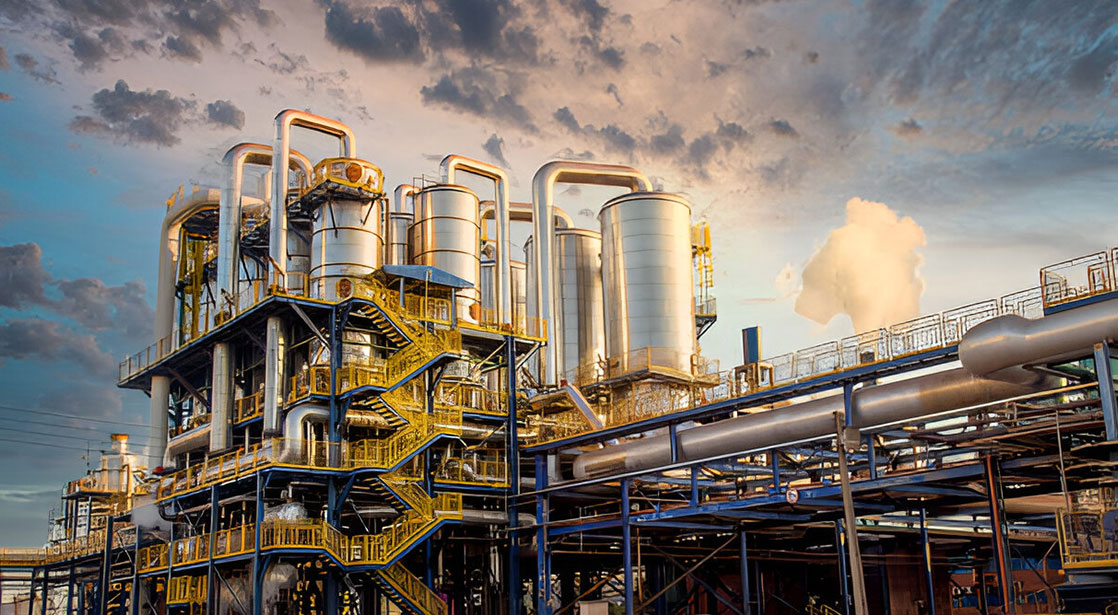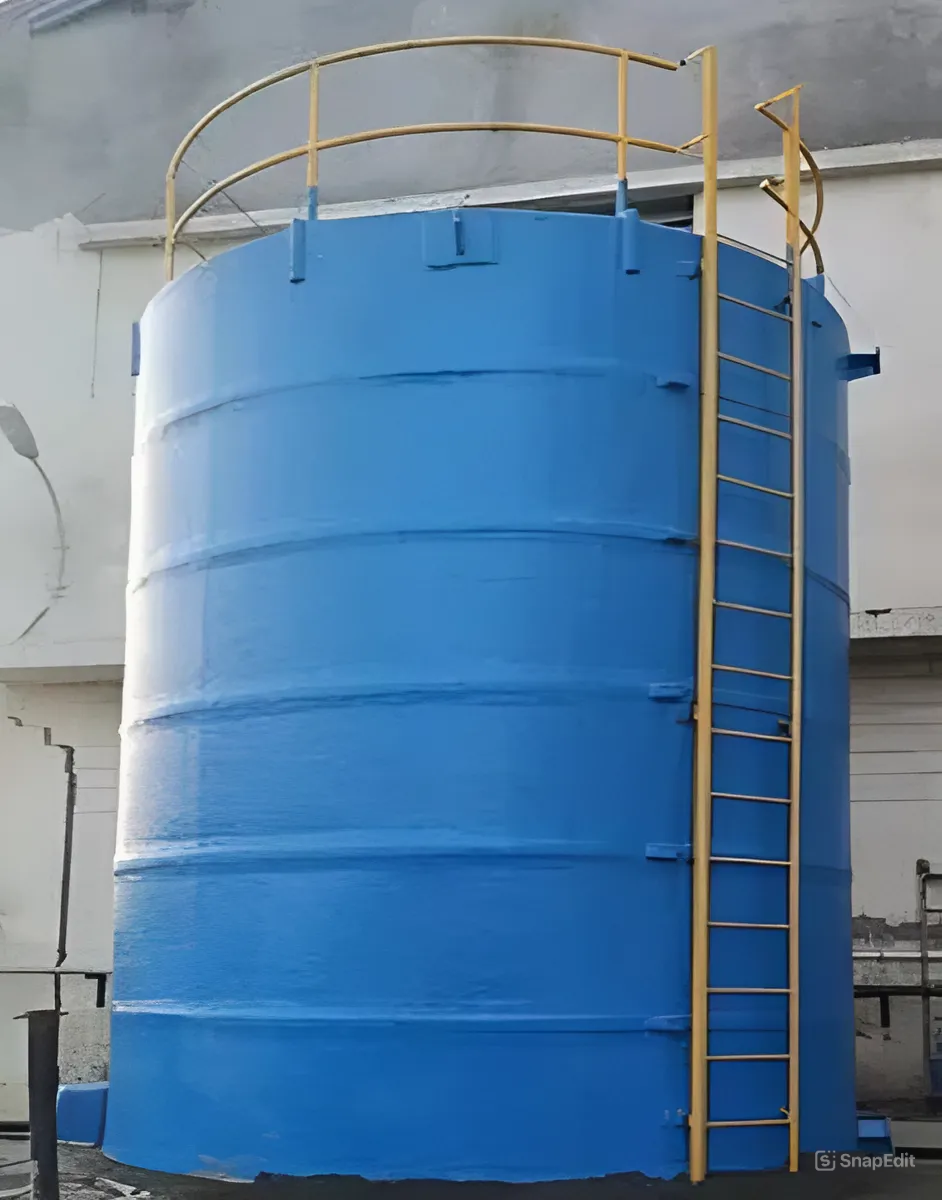

FRP was originally developed in response to the harsh conditions of chemical facilities which require products that can withstand corrosive chemicals, high temperatures, constant wash downs and multiple impacts. ARC products with their specially engineered resin systems can be used throughout a facility from mixing tank walkways; to loading platforms; to access ways, manholes and trenches.
ARC FRP products excel in chemical industry applications, offering superior corrosion resistance and durability. FRP pipes and tanks are ideal for handling harsh chemicals, while gratings and ladders enhance safety and maintenance. Cable trays manage wiring efficiently, battery stands support heavy systems, and handrails and fencing ensure reliable protection in corrosive environments. Structural profiles further reinforce durability and safety across various chemical processing facilities.
FRP (Fiber-Reinforced Plastic) pipes offer significant advantages for chemical industry applications. They provide excellent chemical resistance to acids, alkalis, and solvents, ensuring durability and low maintenance. FRP pipes withstand high temperatures, resist abrasion, and are lightweight yet strong, facilitating easy installation. Their versatility and fire resistance make them ideal for demanding chemical process environments.
Using FRP (Fiber-Reinforced Plastic) tanks in the chemical industry offers durability, corrosion resistance, and low maintenance. Their lightweight nature simplifies installation and reduces costs. Customizable and fire-resistant, FRP tanks efficiently maintain chemical temperatures and meet environmental regulations, making them ideal for safe, efficient chemical storage
Gratings from ARC FRP Products serve the chemical industry by providing corrosion-resistant, durable, and non-conductive solutions for platforms, walkways, and trench covers. These gratings enhance safety, reduce maintenance costs, and ensure long-term performance in harsh chemical environments, making them an ideal choice for chemical processing facilities.
FRP ladders are widely used in chemical and petrochemical plants due to their excellent corrosion resistance and chemical resistance properties. These plants often have harsh environments with exposure to various chemicals, making FRP ladders an ideal choice for access and maintenance purposes.
FRP cable trays are widely used in chemical and petrochemical plants due to their excellent chemical resistance and corrosion resistance properties. These plants often have harsh environments with exposure to various chemicals, making FRP cable trays an ideal choice for cable management.
Battery stands made of ARC FRP products are ideal for chemical industry applications due to their high corrosion resistance, electrical insulation, and robust mechanical strength. These stands ensure safety, durability, and reliability in harsh environments, supporting heavy battery systems while minimizing maintenance and extending service life.
Pipes: Chlor-alkali manufacturers, fertilizer, refining, brine, vinegar, food processing, construction of pipe work and for chemical storage vessels, fume scrubbers and many other high performance applications.






FRP handrails are suitable for chemical processing plants and facilities where exposure to corrosive chemicals is common. Their chemical resistance and non-reactive nature make them a preferred choice for ensuring safety and durability in these challenging environments.
ARC FRP Products offer durable and corrosion-resistant fencing solutions for the chemical industry. These fences withstand harsh environments, providing safety and longevity. Their lightweight and non-conductive properties ensure easy installation and maintenance, enhancing operational efficiency and safety in chemical plants.
Structural profiles in ARC FRP products offer exceptional corrosion resistance and strength, ideal for harsh chemical environments. They enhance durability and safety in storage tanks, pipelines, and structural supports, ensuring long-term performance and reliability while minimizing maintenance and replacement costs in chemical processing facilities.